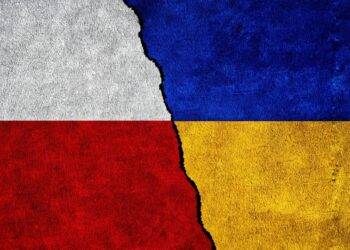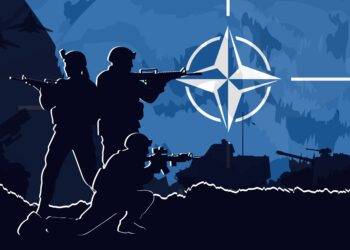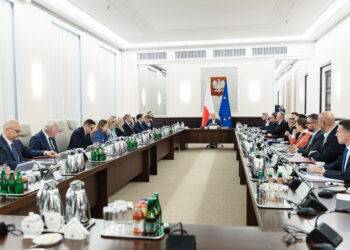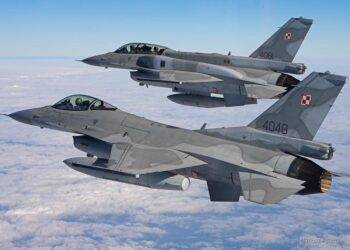In a significant operation underscoring the ongoing tensions between Russia and the European Union, Poland has successfully dismantled a spy network, convicting 14 individuals of espionage activities aimed at benefiting Moscow. This group, composed of Russian, Ukrainian, and Belarusian nationals, was found guilty of preparing acts of sabotage and conducting intelligence operations against Poland, a staunch supporter of Ukraine amidst the ongoing conflict in the region.
The convicted individuals were involved in a series of clandestine activities, including plans to derail trains transporting aid to Ukraine, surveilling military installations, and critical infrastructure within Poland. Furthermore, they engaged in the distribution of propaganda materials designed to incite hatred against Ukrainians living in Poland. The court’s decision, delivered by Judge Jaroslaw Kowalski, highlighted the organized nature of this criminal group, emphasizing the severity of their intentions against the Polish state and its allies.
Among those convicted is Maxim S., a Russian ice hockey player who was actively playing for a club in Sosnowiec at the time of his arrest in June. His detention sparked a diplomatic protest from Moscow, demanding “full explanations” from the Polish authorities. The identities of the defendants have been partially disclosed, revealing a diverse group including two Ukrainian lawyers, a political scientist, a French teacher, a pharmacy technician, and a computer engineer.
- Follow us on X (Twitter) to stay up to date with News from Poland.
The investigation revealed that the spy network communicated via Telegram, an encrypted messaging app, and received payments in cryptocurrencies, ranging from $300 to $10,000. This modern approach to espionage highlights the evolving methods employed by spy networks operating within the European Union.
This case marks a significant victory for Polish intelligence and law enforcement agencies in their efforts to safeguard national security and support Ukraine’s sovereignty. It also underscores the broader geopolitical struggle between Russia and the West, with espionage and sabotage as key tools in the ongoing conflict. As tensions continue to escalate, the international community remains vigilant, with Poland’s recent crackdown serving as a stark reminder of the persistent threats facing nations on the front lines of this geopolitical confrontation.

















